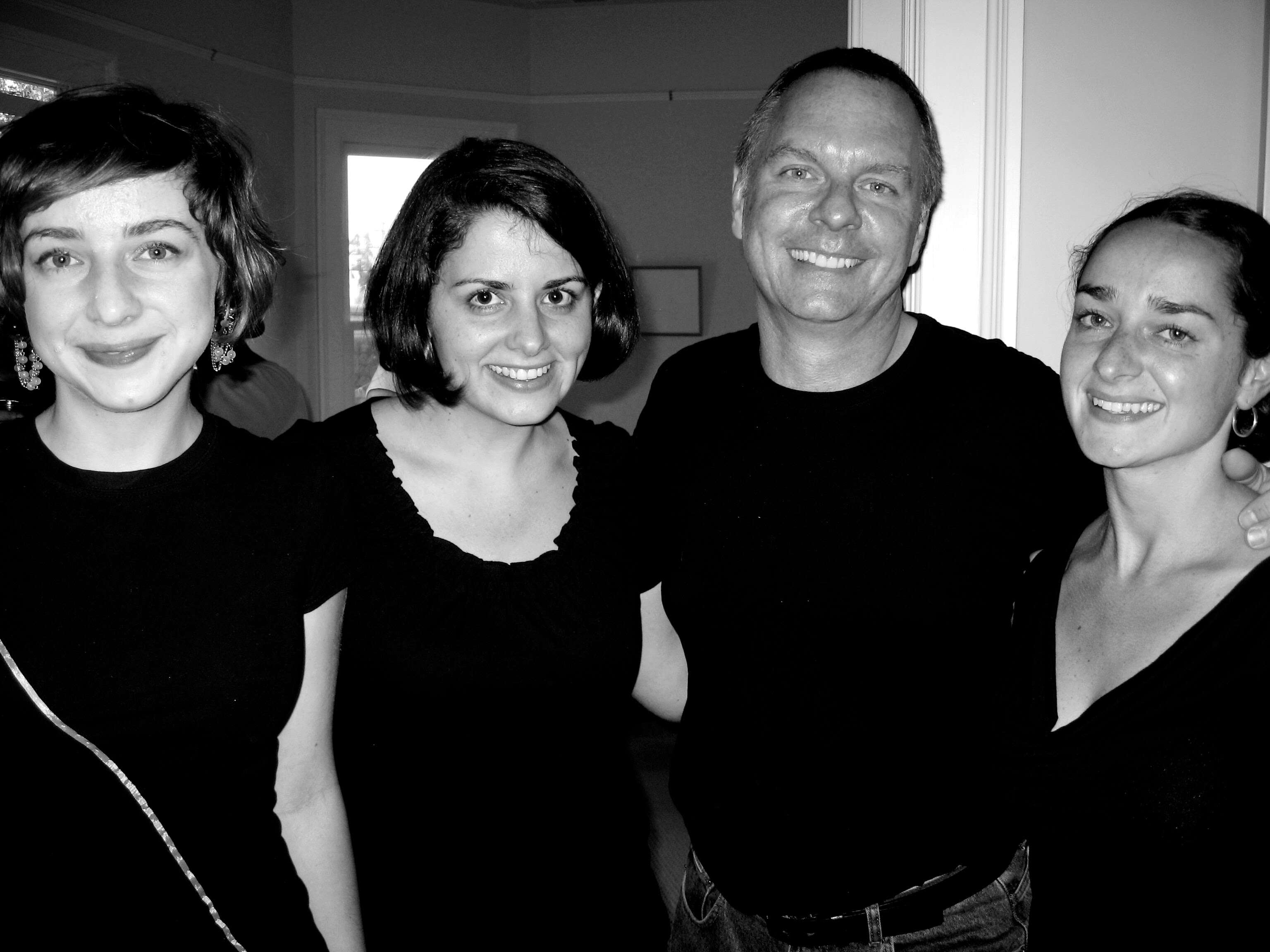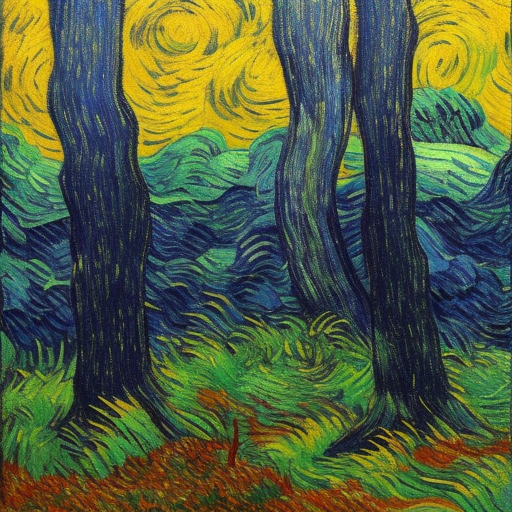TODAY'S RAMBLINGS
< 3 Minute Read

Happy Monday.
Yes, I remember. It was just about this time last year when my love and appreciation for the art of my cousin Charles Clough collided with the hysteria around blockchain technologies, and specifically, non-fungible tokens (NFTs).
Remember this?

Then (as now) I believed in Charlie and his treasure trove of digital (and analog) art. I also still believe in the concept of the blockchain and NFTs and their ability to compensate artists upon the sale and resale of their digital works. Which is something musicians take for granted, yet is essentially unheard of in the traditional art world.
But the utility of NFTs in the art world or really anywhere has yet to be demonstrated.
One of the blockchain's supposed features - the anonymity it offers - turned out to be a big liability for NFTs: people are able to sell works to themselves, using different, and anonymous, crypto wallets. That makes interest in a given item seem greater than it is, hopefully pumping up its price. Some would call that "fraud".
So: last year's crazy-town hype over the blockchain and NFTs means this year's flavor - artificial intelligence, or AI - is also grifter bullshit, right? OpenAI, DreamStudio, ChatGPT, DALL-E, lex.page - all of those and others - are just 2023's FTX or Binance? Or - gulp - art NFTs?
I say no. And while I shared previously the results of some of my tire-kicking of the Stable Diffusion AI image engine, today, I want to go a little further. There are two main reasons why I think artificial intelligence and related components like machine learning and deep learning are here to stay.
Adoption Rates Don't Lie
Think of things that went from zero to mass acceptance very quickly. The iPod. The iPhone. Google search. Facebook. These products and their use became interwoven with life seemingly instantly.
Friends, the adoption and use of AI in its various guises has been drastically faster than anything listed above. Way, way faster. Where it took years for Facebook or Google to reach 5 million users, ChatGPT got there in a matter of a few months.
Applications That Actually Do Something
The fact that a lot of people with different perspectives and motivations are jumping in with both feet into AI has a natural result: real-world use cases for AI are being met with applications that address them.
Compare and contrast that with NFTs last year. During peak crypto and blockchain hype, which I deem as being between early 2021 (remember Bepple?!) and the FTX meltdown in late 2022, the one question I never quite heard answered by the breathless crypto cheerleaders was this:
Tell me what the blockchain allows an average consumer to do that they can't do easily already?
The (muddled) answer would always entail how the "decentralized" nature of crypto gets "the man" out of it and all would be right in the coming "Web 3.0" world because . . . well, trust us. As above, it did (and does) offer a model for compensating creators of digital art, but beyond that? Using Bitcoin to buy a pizza or even a car is stupid. If there is a killer app for the general public for crypto, it has yet to appear.
But artificial intelligence today is much, much different. Applications and useful tools are coming in torrents now, and we've moved very quickly beyond the novelty phase that has so enamored simpletons like me. Medical diagnoses. Gene sequencing. Computer programs that write themselves. Self-generated advertising copy, perfectly targeted down to the individual. And yes, even a better search engine.
Will there be bumps in the road, and even some bad outcomes? No doubt; indeed, The New York Times was horrified to learn the reality of garbage in, garbage out.
But I would not bet against any technology improving over time, and that includes AI. That is why I honestly believe we'll look back at 2023 as a turning point in how humans interact with the digital realm. Because there will be the application of artificial intelligence in ways yet to be conceived. By humans, or maybe even by computers?
Let's wrap and start your week with some pleasant art. I wonder where these came from?
FROM THE UNWASHED MASSES
It is a thrill whenever I learn there's a new reader of this blog. It's an even bigger thrill when it's one of my favorite cousins, the serious do-good barrister Raquel Heinz Baku. She's one of a whole series of too-awesome-to-be-true offspring from my first cousin and family titan, Lally Darwin Heinz, Esq.
Really enjoying the newsletter. Glad to have found it! Keep up the careful thinking — there’s far too little of it around.
I was beaming to receive this - Raquel is the real deal, and I wish we lived closer so we could hang out more frequently. Here's a fun pic from a while back - 14 years, to be exact. Believe it or not, these 3 sisters comprise just a little more than half of the rockstars that make up this extraordinary line of siblings.

In fact, it must be rockstar family member week, because our niece Nicki Vale came to play with a wealth of great takes and info.
I am in shock that the credit cards bring in more money than the airlines . . . how did the airlines make money before credit cards?
Also on the subject of trains, this is something I have been talking about a lot lately. I looked at taking Amtrak from Denver to San Francisco; it would cost double what a flight does and take 33 hours to get there. Insanity.
There is a great podcast called "Ghost Train" about Denver's train transportation. As it turns out, taxpayers have been paying for a train from Denver to Boulder for years and it still hasn't been constructed.
Her question about how airlines survived is a simple but good one. If you do the math, the Denver - SF train Nicki cites averages 38 miles per hour, which is indeed insane and also a national disgrace. And I could make the argument the fact that there remains no commuter rail service between Denver and Boulder is the single most egregious infrastructure cock-up in America today.
Especially if you consider we had this in 1936 and it's almost 100 years later.

Thank you to any one that is reading this newsletter.









